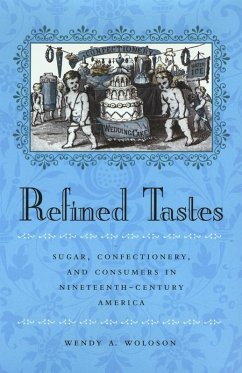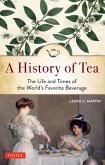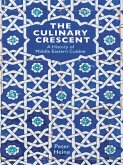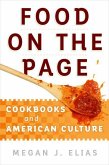A look at sugar in 19th-century American culture and how it rose in popularity to gain its place in the nation's diet today. American consumers today regard sugar as a mundane and sometimes even troublesome substance linked to hyperactivity in children and other health concerns. Yet two hundred years ago American consumers treasured sugar as a rare commodity and consumed it only in small amounts. InRefined Tastes: Sugar, Confectionery, and Consumers in Nineteenth-Century America, Wendy A. Woloson demonstrates how the cultural role of sugar changed from being a precious luxury good to a ubiquitous necessity. Sugar became a social marker that established and reinforced class and gender differences. During the eighteenth and early nineteenth centuries, Woloson explains, the social elite saw expensive sugar and sweet confections as symbols of their wealth. As refined sugar became more affordable and accessible, new confections-children's candy, ice cream, and wedding cakes-made their way into American culture, acquiring a broad array of social meanings. Originally signifying male economic prowess, sugar eventually became associated with femininity and women's consumerism. Woloson's work offers a vivid account of this social transformation-along with the emergence of consumer culture in America. "Elegantly structured and beautifully written ... As simply an explanation of how Americans became such avid consumers of sugar, this book is superb and can be recommended highly." -Ken Albala,Winterthur Portfolio "An enlightening tale about the social identity of sweets, how they contain not just chewy centers but rich meanings about gender, about the natural world, and about consumerism." -Cindy Ott,Enterprise and Society
Dieser Download kann aus rechtlichen Gründen nur mit Rechnungsadresse in A, B, BG, CY, CZ, D, DK, EW, E, FIN, F, GR, HR, H, IRL, I, LT, L, LR, M, NL, PL, P, R, S, SLO, SK ausgeliefert werden.









